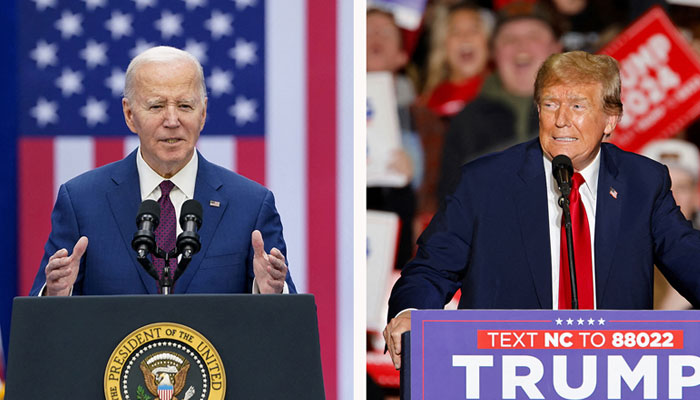American elections are less than ten days away, and Kamala Harris is struggling to spin a compelling narrative to counter Donald Trump’s masculine, anti-immigrant rhetoric, catalysed by the likes of Elon Musk and Tucker Carlson.
Even as the national polling average still suggests a razor thin margin between the two candidates the odds are now tilting in Donald Trump’s favour.
So, how did Kamala’s initial gains lose traction with the voter? She may have recently answered this question at a CNN townhall.
“What weaknesses do you bring to the table?” Joe Donahue, a retail worker, prompted the Democratic candidate to reveal her vulnerabilities.
“Some might call that a weakness, especially if you’re in an interview or being asked a certain question, and you’re expected to have the right answer right away,” she said, turning indecisively between her questioner and CNN host Anderson Cooper. “But that’s how I work.”
Harris’ candid confessed to sometimes struggling with on-the-spot answers, an admission that critics say is emblematic of her campaign’s broader issues.
As polling tightens, Harris’s challenge is twofold: define her own path while differentiating herself from both Donald Trump and her former running mate, Joe Biden. Attempts to distance her campaign from Biden’s policies include a pledge to bring down grocery costs and raise the federal minimum wage. But without a solid media rollout, even her new initiatives, like the minimum wage push, have barely made a ripple.
In swing states like Michigan and Wisconsin, Trump’s momentum is evident, and Harris’s camp acknowledges the stakes are high. A shift from her initial strategy of “rising above the fray” seems underway, with sharper language and pointed critiques of Trump’s “fascist” leanings. However, the ultimate question remains: can Harris find her footing and appeal to undecided voters in the final stretch?



